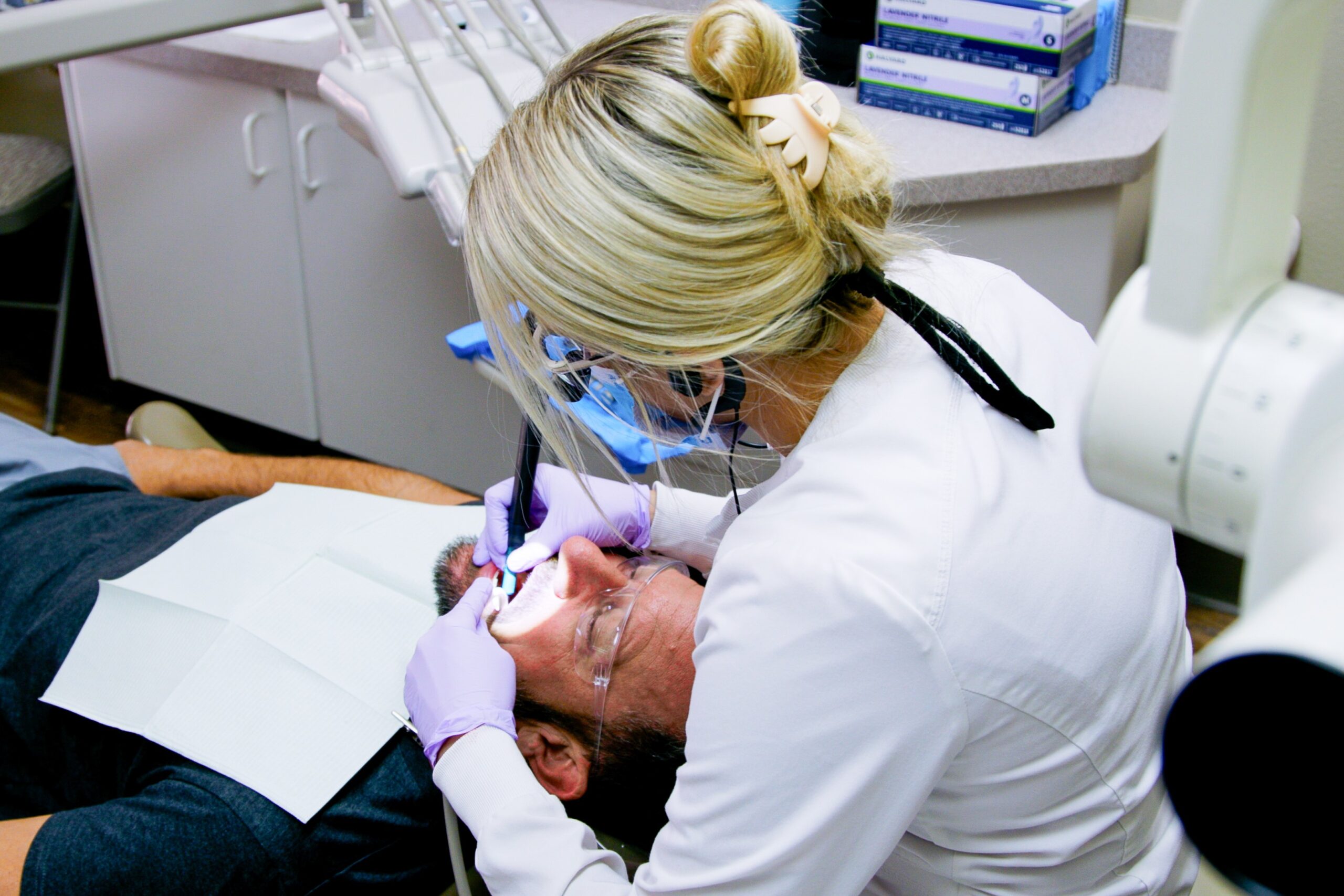Wisdom Tooth Extraction: Is It Painful?
A is a common surgical procedure that involves the removal of one or more of your wisdom teeth. It is usually performed by a dentist. Wisdom teeth are the permanent teeth that grow at the very back of the mouth. Wisdom teeth, also known as third morals, often grow in before the age of 25.
Wisdom tooth extraction
A large number of people develop impacted wisdom teeth. These are teeth that do not have adequate space to erupt into the mouth or develop normally. They may erupt partially or even not at all. A wisdom tooth may grow at an angle toward either the next tooth or back of the mouth.
It may also grow at a right angle to the other teeth. In some cases, it may grow straight down or up like other teeth but end up staying trapped within the jawbone. Impacted wisdom teeth can cause many problems. In some cases, dentists recommend wisdom tooth extraction when there is evidence of changes in the mouth such as pain, infection, or damage to neighboring teeth.
Anesthetics
As with most tooth extractions, a dentist uses an anesthetic to numb the area before proceeding. This helps to prevent any pain. The provider may use one of three types of anesthesia depending on several factors. These include the complexity of the procedure and the patient’s comfort level.
Options include local anesthesia, general anesthesia, and sedation anesthesia. A provider will administer local anesthesia with one or more injections near the site of every extraction. Before a shot is given, a dentist may apply a substance to the gums in order to numb them. In this case, the patient will be awake throughout the procedure.
And a patient will feel some pressure and movement, but no pain. Sedation anesthesia is administered through an intravenous (IV) line in the arm. In this instance, the patient will be asleep while the dentist works. A patient will not feel any pain but will have limited memory of the procedure.
A patient’s gums will also be numbed with a numbing agent or local anesthesia. For people who are afraid of needles, general anesthesia is a good option. With this type of anesthesia, a patient may inhale medication instead of it being administered intravenously. Much like sedation, the patient will be asleep throughout the procedure.
Recovery
It can take a few days or weeks to fully recover from the surgery. During this time, a patient may experience pain or numbness or tingling in the face, lips, or tongue. A patient can manage pain with an over-the-counter pain reliever like acetaminophen. Holding a cold pack against the jaw may also help to relieve pain.
When to see a dentist
Your dentist will do whatever possible to limit your discomfort during your wisdom tooth extractionssurgery. While the process may be uncomfortable, it should not be painful. You may experience some pain after the procedure, but an over-the-counter pain reliever can help to suppress this pain. However, if you experience severe pain or heavy bleeding, you should contact your dentist right away.
Are you considering getting a wisdom tooth extraction in the St George area? Get more information at https://www.stgeorgedentalcare.com.
Check out what others are saying about our dental services on Yelp: .
Recent Posts
When it comes to oral health, wisdom teeth regularly make their way into conversations about the problems they often create. But one question that's frequently asked and not as widely discussed is this: can wisdom teeth cause a sore throat? The short answer is yes, they can—but it's not a common symptom. At St. George…
According to the American Journal of Public Health, a wisdom tooth extraction is performed about five million times each year. Also known as the third set of molars, wisdom teeth are the only set of teeth that are not necessary in the mouth. They are a relic of evolution, from a time when humans consumed…
Wondering if it necessary to have an oral surgeon remove your wisdom teeth? Even though dentists can remove your wisdom teeth, they are only able to perform simple extractions. Because oral surgeons have undergone an additional four years of training, they are qualified to perform more complex extractions. Learn more about wisdom teeth removal below.Thinking…
Dental extractions can be extremely frightening to a lot of people because having a tooth pulled is not something that offers up any comfort to someone. However, most people may not even know what is involved in dental extraction. Most hear the word “extraction” and immediately begin to feel anxious or scared. Being aware of…


